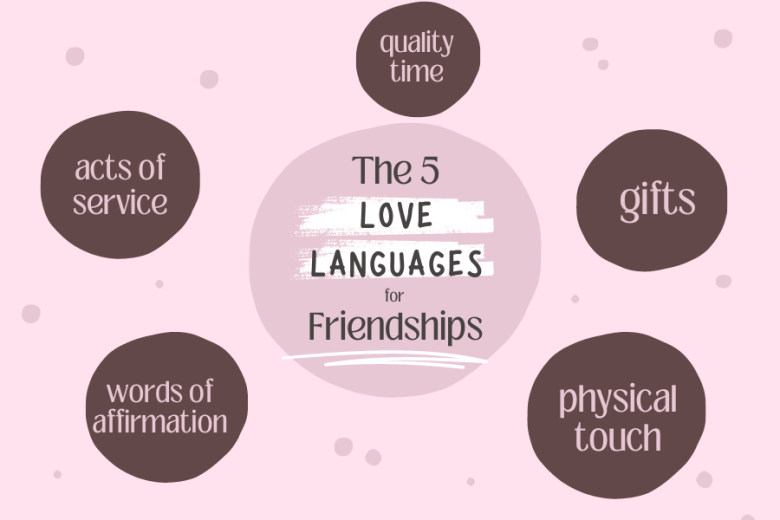zoomacademia.com – Love is a universal emotion, but the way we express and receive love can vary significantly from person to person. This is where the concept of love languages comes in. Developed by Dr. Gary Chapman, the idea is that everyone has a primary love language that dictates how they show affection and how they prefer to be loved in return. By understanding these languages, we can improve our relationships and connect more deeply with those we care about.
The Five Love Languages
- Words of Affirmation For some, verbal expressions of love and appreciation are what matter most. Compliments, kind words, and affirming messages can make a world of difference for someone whose primary love language is words of affirmation. Simple gestures like saying “I love you” or acknowledging someone’s efforts can strengthen your bond.
- Acts of Service Actions often speak louder than words for those who value acts of service. Doing something helpful—whether it’s making dinner, running an errand, or tackling chores—can be a powerful way to express love. These gestures show that you care and are willing to invest your time and energy into the relationship.
- Receiving Gifts This love language isn’t about materialism; it’s about the thought behind the gift. For individuals who appreciate receiving gifts, a thoughtful present can convey love and appreciation. It’s not about the cost, but rather the effort and sentiment that counts.
- Quality Time For many, the most meaningful way to show love is through undivided attention. Spending quality time together—whether it’s through meaningful conversations or shared activities—can strengthen emotional connections. It’s important to be present and engaged during these moments to truly foster intimacy.
- Physical Touch Physical affection is vital for those whose primary love language is physical touch. This can include hugs, kisses, or simply holding hands. Touch can provide comfort, reassurance, and a sense of closeness that words sometimes cannot.
Why It Matters
Understanding your own love language, as well as those of your partner or loved ones, can significantly improve communication and reduce misunderstandings. For instance, if you express love through acts of service but your partner values words of affirmation, you might feel unappreciated while they might feel unloved. Recognizing these differences allows for a more empathetic approach in relationships.
Tips for Discovering Love Languages
- Reflect on Past Relationships: Consider how you felt loved in previous relationships and what gestures meant the most to you.
- Observe Your Reactions: Pay attention to what makes you feel cherished and how you naturally express affection to others.
- Have Open Conversations: Discuss love languages with your partner or loved ones to better understand each other’s needs.
Conclusion
By exploring and embracing love languages, we can deepen our connections and foster healthier, more fulfilling relationships. Remember, love is not just about how we feel but also about how we choose to express that love. Understanding and appreciating these differences can lead to a more harmonious and loving life.
